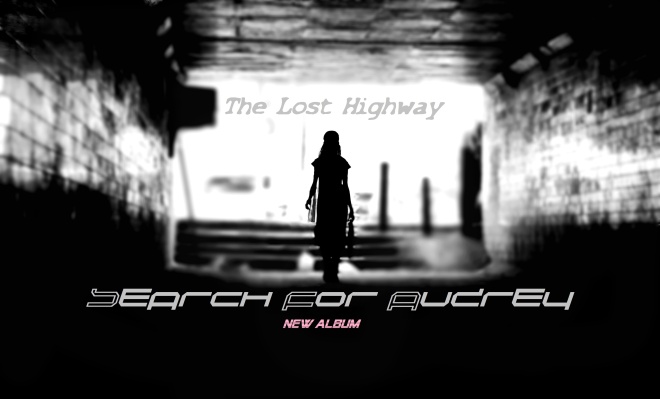
A mere few words regarding my latest music album release would represent scant justice to myself, considering the sheer amount of time, work and emotional investment that’s been poured into my latest release. I would never make for a great sales person, and if I find myself illuminating a room on social occasions, it’s never a platform I would use to trumpet my own achievements, especially that of my work with The Lost Highway. In many respects, I’m content to be the surprise package, building walls of art in a fast moving consumer led world, a place where we scroll speedily through pages on smart phones and tablets, jumping from one field to another like digital lambs searching for the next quick fix.
Analysing and processing are inexorably linked, especially when locked away in a space that requires meticulous judgement and concentration levels that subconsciously remove you from the reality of your seated environment. I’m one of the souls, who’s happy to input individual snare drum notes manually to my music program, someone who creates additional channels of sounds to achieve a singular moment, rather than relying on the trickery of special effect filters. I would rather build cities slowly, with consideration over time as opposed to letting the machines and all their unholy programs run the show.
This is why I have such a deep rooted affection for the albums I make, nothing even comes close to throwaway, how could one not care for something so beautifully nurtured and cared for. I will sit of an evening, listening to my own music for hours on end. Some may cite that as painfully vain, I on the other hand have a different perspective, based on the fundamental principle that I write music categorically for myself, charting the evolution of my own life.
In fairness, critical acclaim is something we all enjoy and thrive upon, and I wont lie and say that part of me craves that understanding, that maybe someone out there has taken the time to immerse themselves in The Lost Highway music. I am a sensitive person, which possibly explains why I am guarded and keep a tight leash on my work, as somehow criticism of my music would be akin to the slighting of ones own child from the outside. The lure of fame and stardom is not something I feel that I ‘d be ready to accept. I have an understanding of my own weaknesses, whether it’s through alcohol consumption, or sensitivity, all this despite spending a number of years fronting a touring band, something that only exacerbated any alcohol dependency issues I may have had at the time. They say that through age comes wisdom, yet I don’t feel stable enough to deny the lure of the demons when they come calling.
My lifestyle choices have held me back in life, something I’m acutely aware of, which is why I place such vast emphasis on the dedication to my work with the Lost Highway. There are a number of tracks on this record that directly address those lifestyle issues, none more so than Skylark and the Siren, and The Mislaid Magician. One of the interesting aspects of the Search For Audrey record as a whole, can be found on deciphering the number of bedfellow tracks on the album, one track is never alone, this lifeblood can reach out and connect with another soul mate amongst the twelve arrangements. I felt it was important to use luminary voices in sample forms such as Audrey Hepburn and Richard Burton, two people who lived exceptional lives, yet were not immune to hardship and struggles. My interpretation of those voices is stark, vividly clear, yet deeply contrasting in context, when placed on this record.
So, while there are moments of self reflection, it’s important to stress the overwhelming feel and temperature of this record, one that branches out to encompass celebration, just as it does, fervent wild abandon. Evidence of this quickly arrives on the opening track, Captain of my Vessel, a self explanatory and passionate phrasing of a journey to a new land to meet the love of my life. Lyrically, I wanted to impose the trials of leaving behind family, friends and the country I loved, battling those emotional tides, to highlight my determination. The end result is a positive one, which is a thematic presence striking a pressing dominance throughout great swathes of this record. When you counter in the unashamed sense of humour on moments such as Pleasure Lagoon and Celestial Bodies, it’s apparent that my own personality is roundly represented for better or for worse.
I completed my album notes for the digital release of Search For Audrey, so I’ll leave you with those, and to reflect on an album that’s taken a part of me, a sacrifice that I needed to make, for my own health and wellbeing…
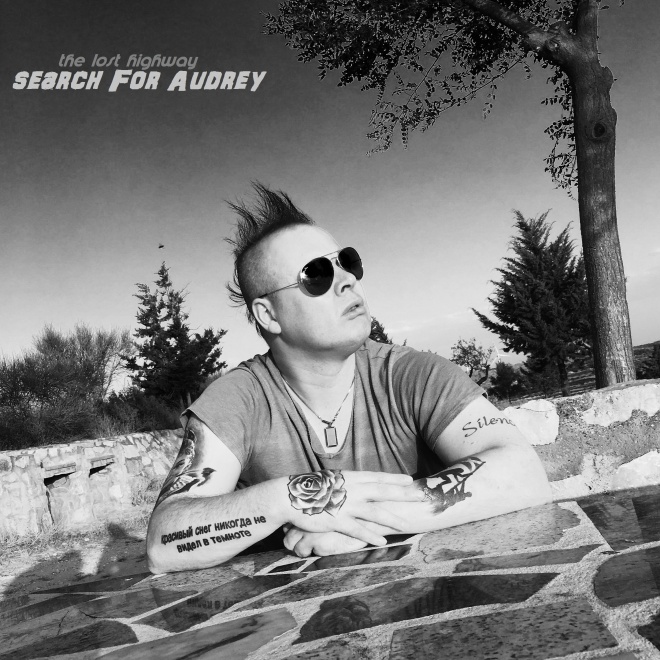
‘Search For Audrey by The Lost Highway, a music album that sets its own unique standard, certainly in terms of precedence, now sitting handsomely beside the backdrop of previous releases. I’m Paul Maclaren, and my journey is one that recently encompassed a fresh narrative in terms of leaving my homeland, Scotland, to set up residence in Spain. Over a year later, and after an enormous amount of toil and endeavour, as well as adapting to a new culture, I’ve created a record that’s brimming with the stories that represent part of who I am.
Throughout the period of time since my last release, I’ve been able to catalogue a plethora of experiences through the minds eye, firmly documenting a myriad of adventures throughout this record. Through love, lifestyle choices, embracing and observing brand new land horizons, or an honest appraisal of my own character flaws, I’ve provided a record succinctly written to reflect my own world view.
I’ve remained true to The Lost Highway sound, enticing new spices to the mix, ingredients that greedily fills me with an enormous sense of pride. Heat, and a culturally rich environment provided the modus operandi, the fulcrum, a steadfast epicentre for a record conceived in Spain, with the vocals recorded in Glasgow, Scotland. An extended period of time between the writing of the music and vocal recording provided me with the perfect opportunity to hone the music to the highest production standard, with love and tender care.
I’m deeply proud of this record, to the point where I’ve combined the music with visual rewards, and ensured every track features its own individual video on YouTube. I hope you are able to discover something that fascinates you here, that takes you on your own spiritual adventure. There is gold awaiting in the recesses of untapped corridors, those undiscovered lanes in many facets of life, and discovery plays an intrinsic part in that journey. Search For Audrey is my diary, my story book, and as the title suggests, a complete body of work that embraces challenges, celebrates, whilst searching for the purer aesthetic in life’.
Paul Maclaren
The Lost Highway.
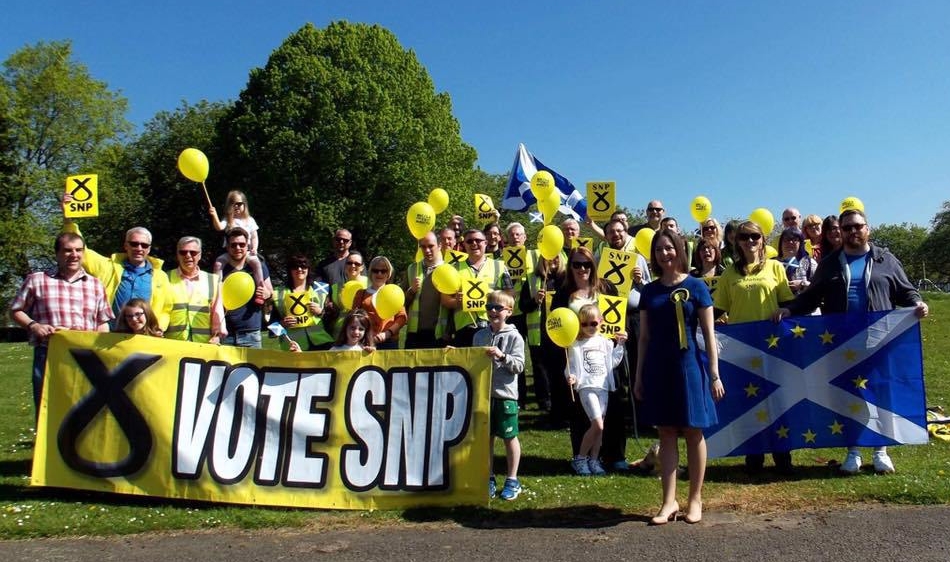
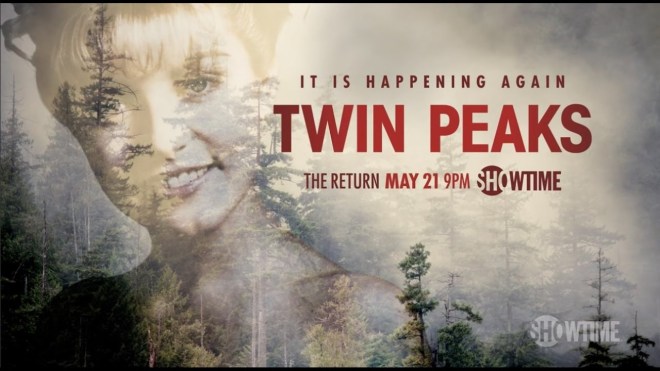
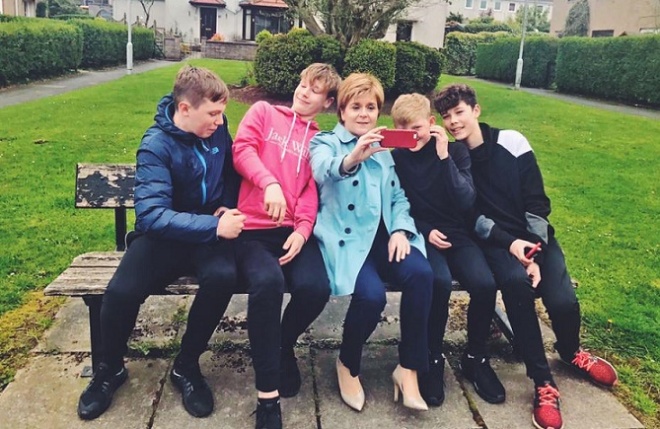
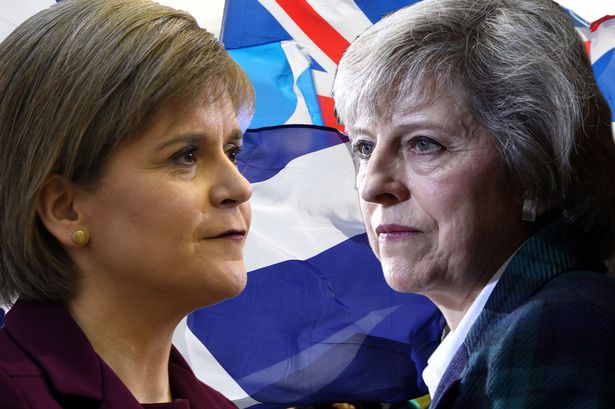
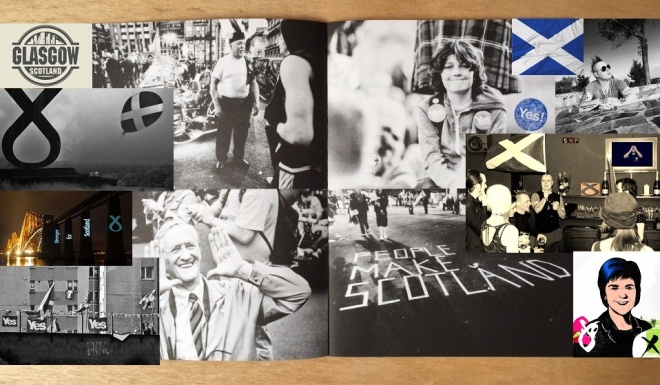 This is a decision for the Scottish people, words uttered by David Cameron. It never really was though. If the 2014 Scottish Referendum taught us anything, it’s that the UK Tories are adept at circling overland and dropping propaganda statements left, right and centre, with an agenda led onus squarely pinpointed towards the far right of centre. Our memories are still vivid enough to remember supermarket bosses visiting Downing Street, curious uprooting statements from banking establishments, and the threat of loss of pensions for Scots, tactics deployed by Cameron and his government last time around. No stone was left unturned, I even recall David Cameron contacting Sony in regards to the UK release of TV series Outlander, which lo and behold, was subsequently delayed until after the Scottish Referendum.
This is a decision for the Scottish people, words uttered by David Cameron. It never really was though. If the 2014 Scottish Referendum taught us anything, it’s that the UK Tories are adept at circling overland and dropping propaganda statements left, right and centre, with an agenda led onus squarely pinpointed towards the far right of centre. Our memories are still vivid enough to remember supermarket bosses visiting Downing Street, curious uprooting statements from banking establishments, and the threat of loss of pensions for Scots, tactics deployed by Cameron and his government last time around. No stone was left unturned, I even recall David Cameron contacting Sony in regards to the UK release of TV series Outlander, which lo and behold, was subsequently delayed until after the Scottish Referendum.

